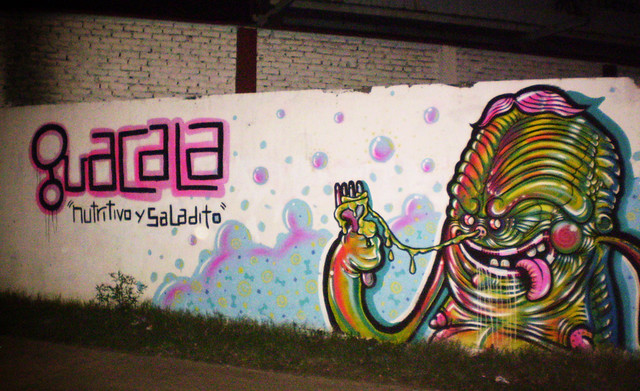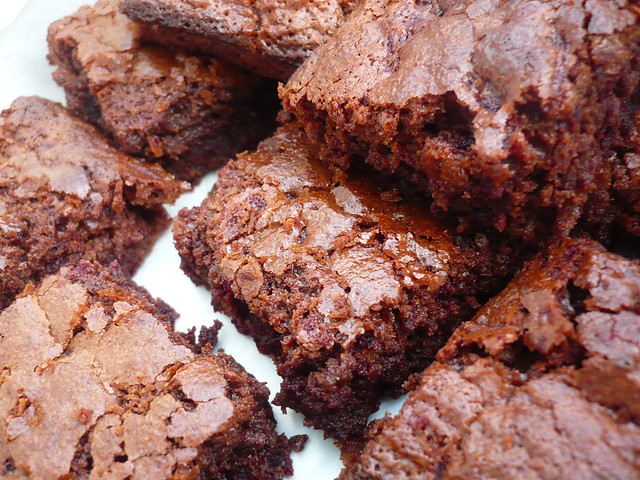An interesting word I learnt yesterday from the Something Rhymes With Purple podcast was snirtle, which means “to try to suppress your laughter (often without success)”.
According to the Merriam-Webster dictionary it is Scots and means “to laugh with snorts”, and Wiktionary defines it as “to snigger” or “a snigger”.
According to Dictionaries of the Scots Language /
Dictionars o the Scots Leid, snirtle [ˈsnɪrtəl] is a variation of snirt, which means “to snigger, to make a noise through the nose when attempting to stifle laughter, to sneer”, “to snort, to breathe sharply and jerkily through the nose”, or “a snigger, a suppressed laugh”.
Some related expressions and examples of how it’s used:
- to snirt(le) (with)in one’s sleeve = to snigger surreptitiously
- to snirt out a-laughing = to burst out into laughter, after having unsuccessfully tried to stifle it
- The young were snirtin’ in their sleeves
- He snirtled in an ecstasy of disgust
- Mary, still choking, snirted tea over the table
Snirtle and snirt are probably initative of the sounds you make when you snirt or snirtle.
Are there words with similar meanings in other languages?








